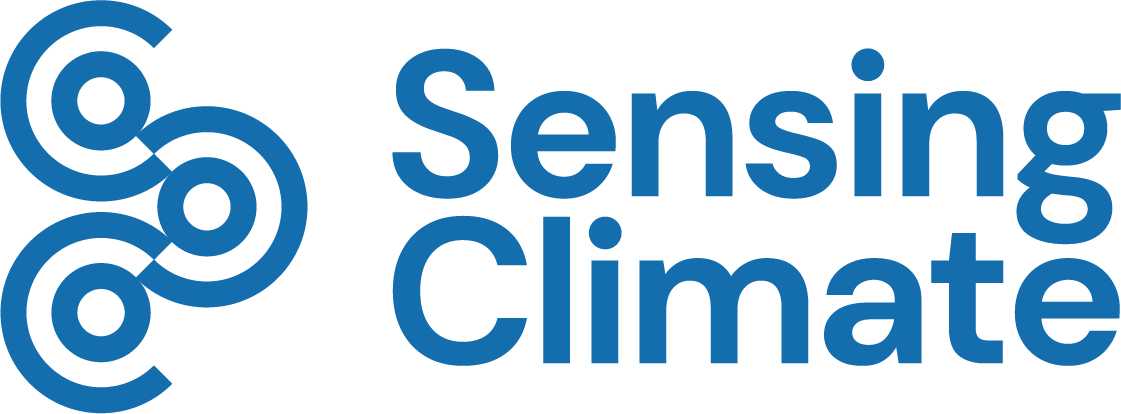Protest for All
By Emma Geen
When Disabled people are mentioned in the context of climate change – if we are acknowledged at all – it is through the framework of vulnerability. This perspective highlights the wide range of disproportional risks created for Disabled people by climate change. For example, that Disabled people are two to four times more likely to die or be injured in climate emergencies, such as in Australian heatwaves where Disabled people made up 89% of fatalities from 2001 to 2018.
This narrative of vulnerability is factually correct and important. Yet, if adopted as the singular narrative, it occludes the equally important lens that positions Disabled people as powerful agents and activists in the struggle against climate change.
To be Disabled is to live in a world not fit for your needs – a world that varies from apathy to outright aggression. To survive and thrive in such a world calls on Disabled people to develop advanced resilience and problem-solving skills, and to become experts at adaptation.
As the deepening planetary crisis creates a climate that is increasingly unfit to support and sustain a flourishing web of life, we are all called on to problem-solve and adapt as resilient actors, meaning that Disabled people's skills and knowledge are more important than ever.
The perfect example of this is the world’s, arguably, most famous, and impactful climate change activist, Greta Thunberg. Greta has said of being Disabled: "I have Asperger's and that means I'm sometimes a bit different from the norm. And – given the right circumstances – being different is a superpower”. This understanding of disability is in stark contrast to how disability is treated by others. Detractors use disability to discredit her, while the majority of climate activists overlook it. These activists very often miss out on the skills of Disabled people, like Greta, because of a disconnect with – and apathy towards – accessibility as a core value.
Yet simple changes could make all climate movements more accessible, and, in doing so, bring many new people into the work.
Protest for All
After multiple requests from activist friends to offer accessibility advice on their protest plans, I decided to create a resource that any climate activist could use to do this work.
The result is ‘Protest for All’, a guide that includes sections on: the types of problems that different Disabled people experience at protest; simple tips for inclusion at every stage of protesting, from meetings, to preparation, to being part of the event; and how to make different aspects of a protest accessible, including hubs, marches and speeches. It also addresses some of the more controversial tactics employed by the climate movement, including roadblocks and arrest.
The guide includes ideas from the Disabled people who, at that time, were volunteering with me to create Bristol’s community climate action plan by and for Disabled people. These ideas are collated with the problems and solutions I had observed or experienced during my time acting as a climate activist in several movements for many years.
As a climate activist, I have an intimate understanding of the lack of resources that many movements contend with, so the guide is written with sympathy towards these limitations. Perfection isn’t expected but genuine attempts at inclusion are.
The guide also highlights that every activist is different, so the ways in which they engage with a movement will also be different. Homogeneity around what protest means and how it is carried out isn’t desirable but ensuring that everyone has the opportunity to take part is essential.
Climate change needs action and fast. Yet by approaching the work with understanding and care, protest can be carried out in a way that includes everyone.
You can download the guide in a range of formats below, and from the resources section of the Sensing Climate website. The Easy Read translation was written by Emma Geen and Beth Richards.
